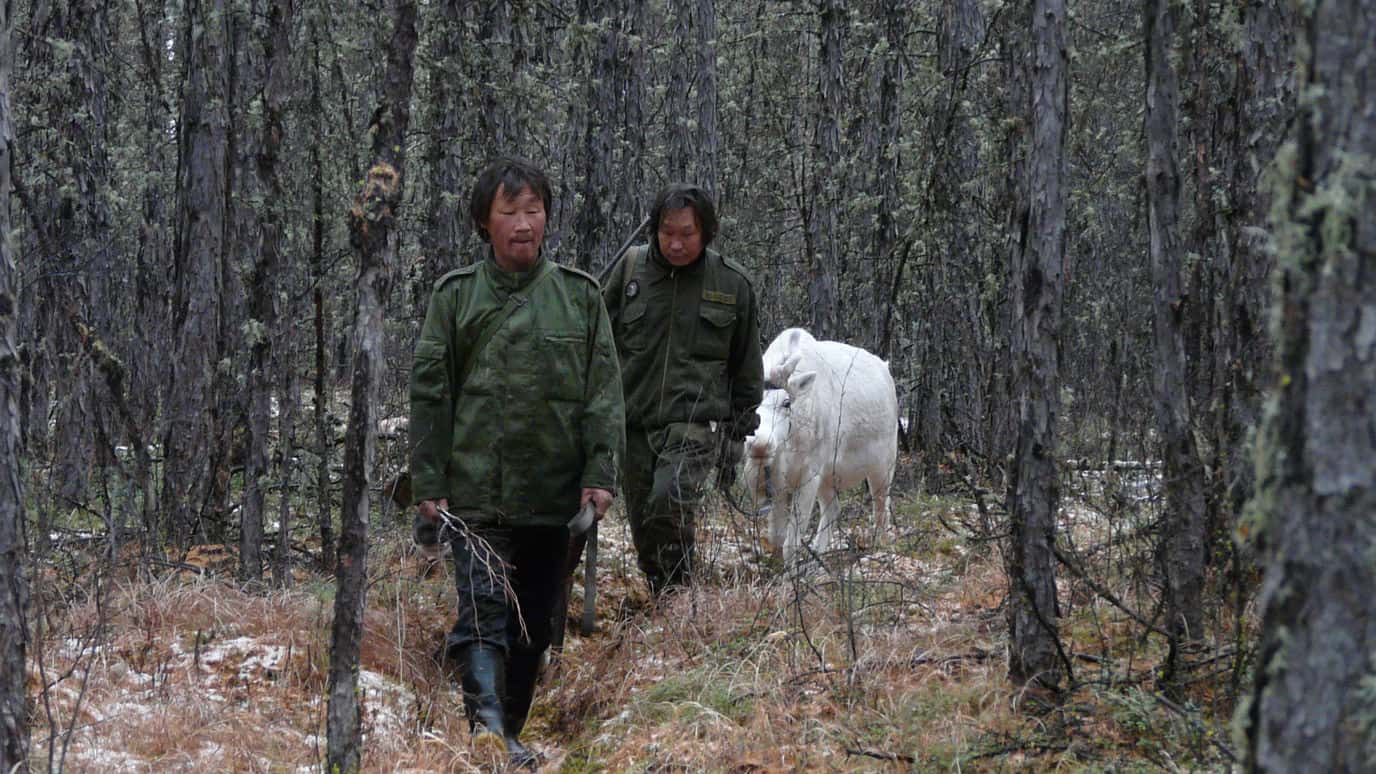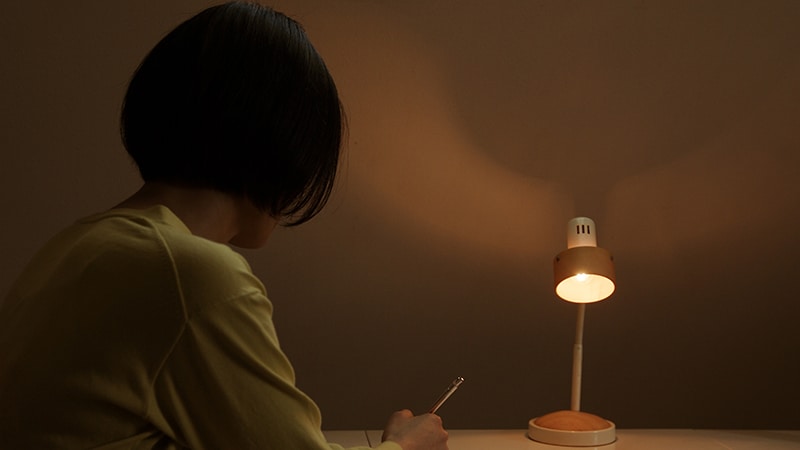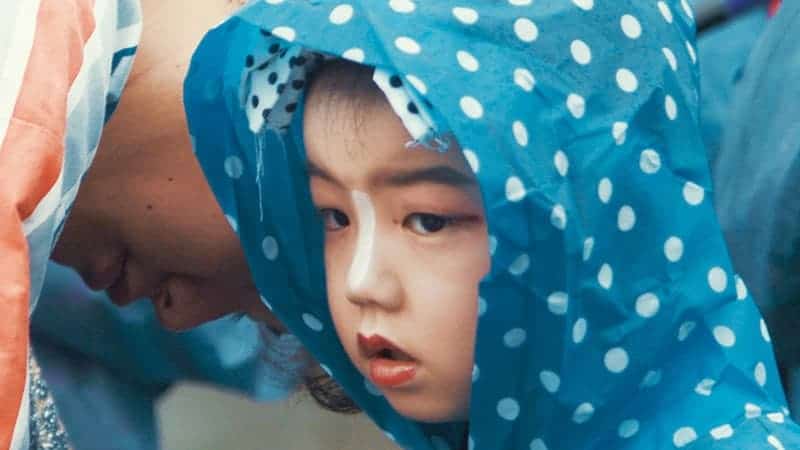After Hong Kong and Thailand, now it's Taiwan's turn to present its own very personal vision of the near future in “Ten Years Taiwan”, the omnibus that is now a sort of franchising, following the original anti-establishment project originated in Hong Kong.
Unlikely the Thailand version that had established directors on board and a spotlight on big name Apichatpong Weerasethakul, and more similarly to the Hong Kong one, this is a collection of 5 short movies from 5 young directors whose vision of their country in 10-year time, highlights the concerns of the present-day Taiwan.
“Ten Years Taiwan” is screening at Udine Far East Film Festival

First one to open the collection is “The Can of Anido” by aboriginal director Lekal Sumi who focuses on the environmental issue. Maran is an aboriginal old man on the small island of Lanyu who, day after day, looks after his vegetable garden that provides him with a frugal meal every day. We guess from some old pictures on the wall of his hut that he has a past of activism and the nuclear menacing ghost still hunts his dreams. The movie is very low-key, almost silent (Maran doesn't speak) and the message is subtly presented. There is a reference to the Taiwanese government that in the 80s allowed nuclear waste facilities on the land and in general to its pro-nuclear policy. As a striking contrast lays the splendour of the Island under Maran's concerned gaze and the repeated warning to an imminent typhoon.

The second movie, Rina B. Tsou's “942” is a more strictly sci-fi affair and probably the most dystopic of all. In 2028, a Taiwanese nurse called 942 (her work-number), is working in a grim lung clinic in Indonesia where she also lives, in the tiny accommodations provided for the workers. She is abused and raped by the clinic's boss and – pregnant and bruised – tries to escape the clinic through a claustrophobic tunnel that turns out to be a portal to the 2018. From there, she witnesses a specular story, happening in Taiwan and involving a raped Indonesian migrant worker. This very disturbing and unpleasant episode is a loud cry about the way migrants are treated in Taiwan and uses the old karmic adagio “Don't do unto others what you don't want done unto you” to strike home. It is rather effective, but it could also be of a difficult interpretation without having as small knowledge of the targeted issue.

Of a very different mood is Lu Po-shun's “Way Home”, the third segment, following teenager Dong-yang (Lu Dong-yang) and his little brother on a day like any other. Their family wants to move from the countryside – where they currently live – to the big city, in search for more work, but Dong-yang is not happy with the idea. He reaches his friends and together, on their scooters, spend the day roaming a countryside that looks abandoned and forgotten, through industrial relics and empty villages. “Way Home”, like “The Can of Anido”, doesn't feel like a futuristic view; with its melancholic pace shows us a very contemporary deserted country and disillusioned youth. But the idea that this is the director's view of Taiwan in 10 years is even more disturbing of any full-blown dystopia. Capturing the irreversible impoverishment of the provinces, “Way Home” is a bitter and poetic piece of realistic cinema.

A much-needed piece of comic relief at this point, “A Making-Of” by Hsieh Pei-ju is a fake “behind the scene” video where a crew is shooting an advert for Baby Shrimp Dumplings, set in a home where a reunited family – including grandparents, middle age couples and even a gay couple with a new born baby – are celebrating New Year. Problem is they cannot find a baby to use in the filming as nobody make babies anymore in Taiwan! The client has paid a hefty sum to have a real baby instead of a doll, but the production is in trouble. This episode is sweet and funny, and it is a clear hint to a problem many countries are going through. The lack of work, money, time and ultimately a sure future is preventing young couples from having children and the natality rate is plummeting with dire consequences and not just for the Dumplings.

The sophisticated “The Sleep” by Chinese-Malaysian director Lau Kek Huat closes the anthology. A young wealthy woman is in a luxury facility – a mix of a clinic and a SPA – where a beneficial sleep is induced upon her and controlled by doctors. She dreams, and the dreams seems to enter other dreams in a gradual loss of a reality that we see only in distressed fragments. “The Sleep” is elegantly shot and has the look of contemporary sci-fi movies, however is not as sharp in its intents as the others, targeting a generic tendency of ignoring important issues and anesthetizing ourselves instead.
“Ten Years” Taiwan is an eclectic mix of styles and genres reunited under a common purpose and a deep insight into contemporary Taiwan.















